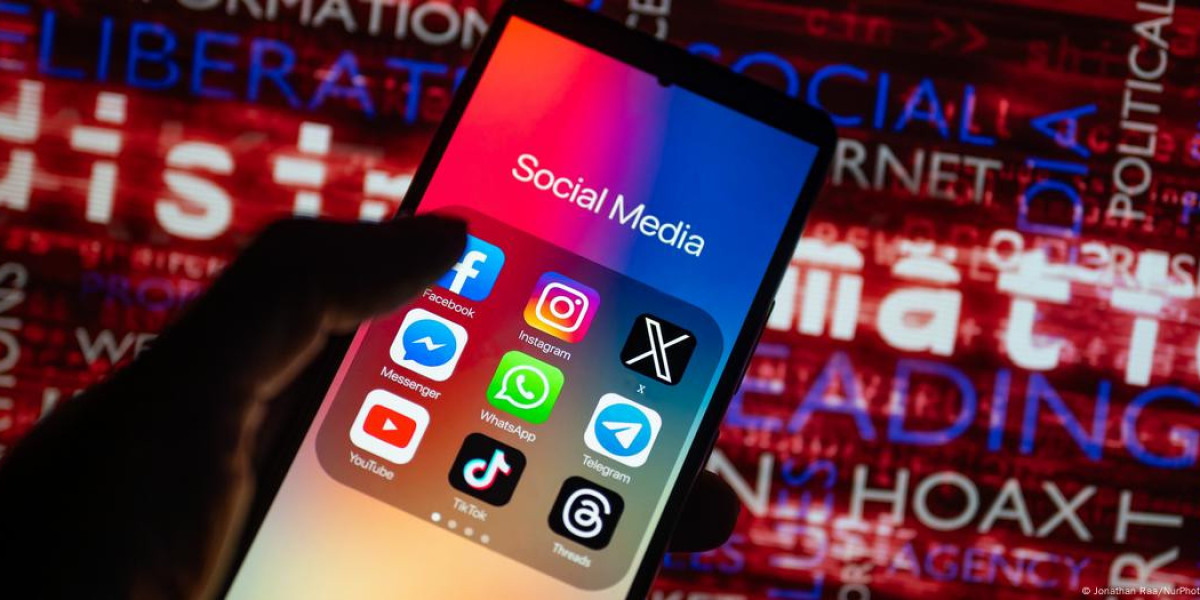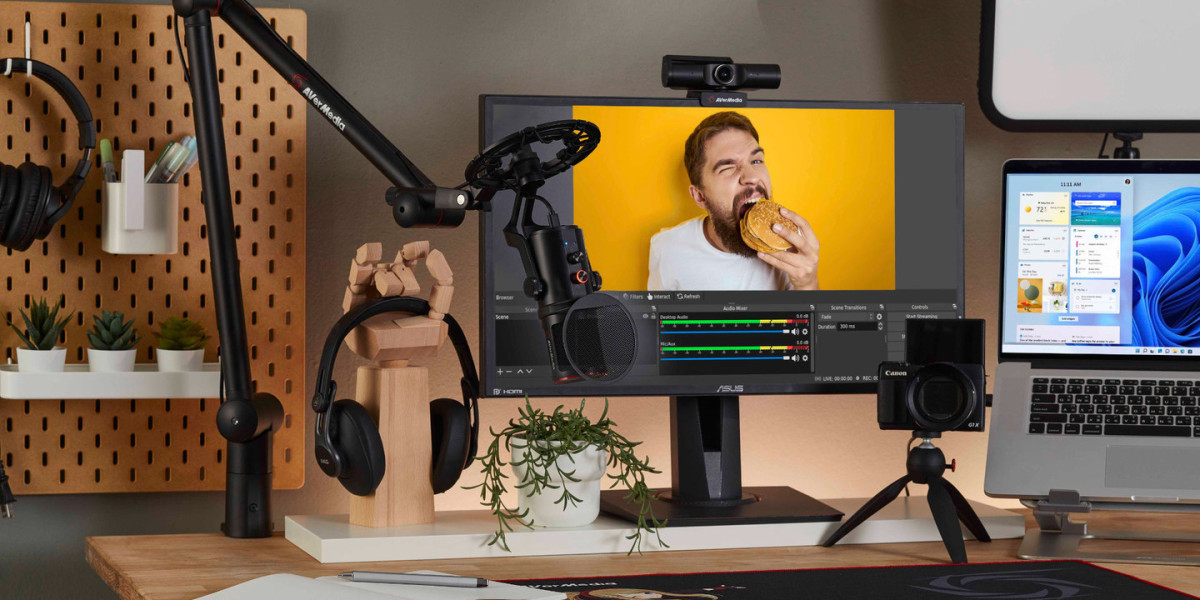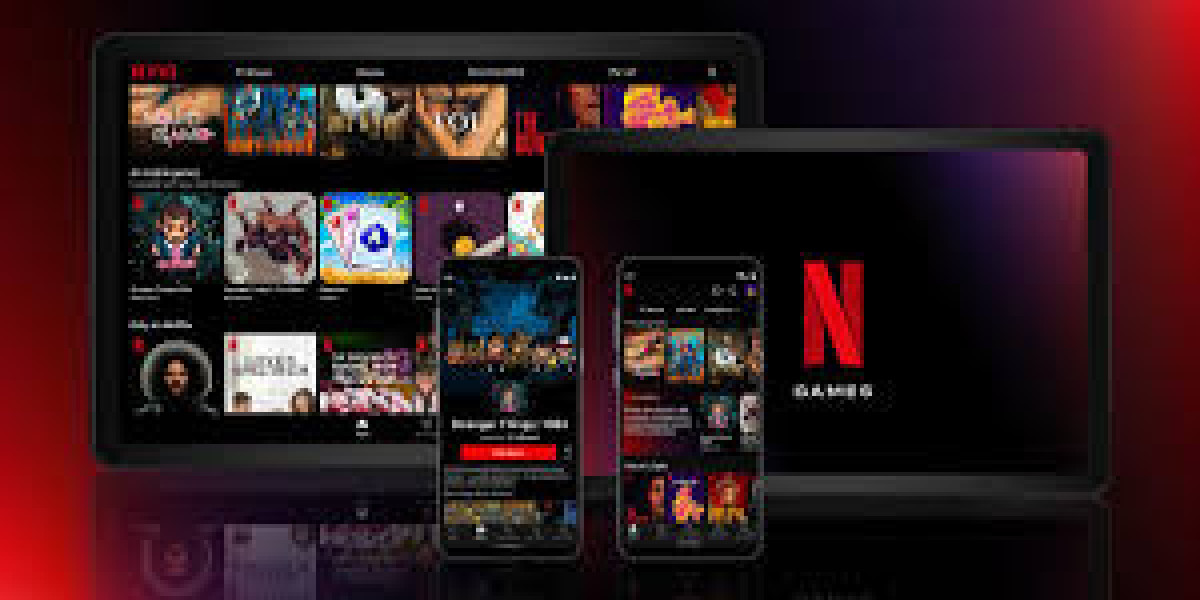The 21st century has brought dramatic changes to the way politics operates worldwide. Where once radio, newspapers, and television shaped public opinion, today digital platforms dominate. Social media, online journalism, and instant communication have not only changed the speed of political news but also reshaped the relationship between governments and citizens.
Social Media as a Political Tool
Platforms like Twitter (X), Facebook, and Instagram have become key battlegrounds for political campaigns. Politicians use these spaces to connect directly with voters, bypassing traditional media filters. This can make politics more accessible, but it also raises questions about misinformation and manipulation.
Hashtags and viral posts can influence public opinion more quickly than traditional news articles. In some cases, a single tweet from a leader can cause market shifts or diplomatic tensions, showing the growing power of online communication.
The Rise of Digital Journalism
The digital age has also transformed journalism. Online platforms allow news to spread instantly, reaching global audiences within seconds. Citizen journalism—where ordinary people share news through blogs, videos, or social media—has made information more democratic.
However, this speed often sacrifices accuracy. Fake news, clickbait, and unverified reports spread quickly, sometimes causing confusion or panic before facts are checked. This has led to debates about censorship, media responsibility, and the balance between freedom of speech and public safety.
Political Engagement in the Digital Era
The internet has also changed how citizens participate in politics. Online petitions, digital protests, and live-streamed debates allow for more engagement than ever before. Virtual spaces have made it easier for people to share opinions and demand accountability from leaders.
Younger generations, in particular, are more likely to get their political news from social platforms rather than TV or newspapers. This shift has forced politicians to adapt by creating digital-first strategies.
Challenges and Risks
While the digital revolution brings opportunities, it also creates new challenges:
Misinformation: False stories can go viral quickly, affecting elections or social stability.
Polarization: Algorithms often show users content that matches their existing beliefs, deepening political divides.
Privacy Concerns: Governments and companies collect massive amounts of personal data, sometimes without consent.
Cybersecurity Threats: Hacking and digital interference have become tools in political conflicts.
These issues highlight the double-edged nature of the digital age—while it expands access and participation, it also creates risks to democracy.
The Future of Politics
Looking ahead, digital influence on politics will only grow stronger. Artificial intelligence, virtual reality debates, and advanced data analytics may redefine campaigning and governance. Transparency and digital literacy will be crucial to protect democratic systems from manipulation.
Governments, citizens, and tech companies must work together to create ethical digital environments where freedom of expression is protected but misinformation is controlled.
Conclusion
The digital age has made politics faster, more accessible, and more interactive. At the same time, it has introduced new risks that challenge the stability of societies. The key question is whether technology will strengthen democracy or weaken it.
One thing is certain: in the modern world, politics can no longer be separated from the digital landscape.






